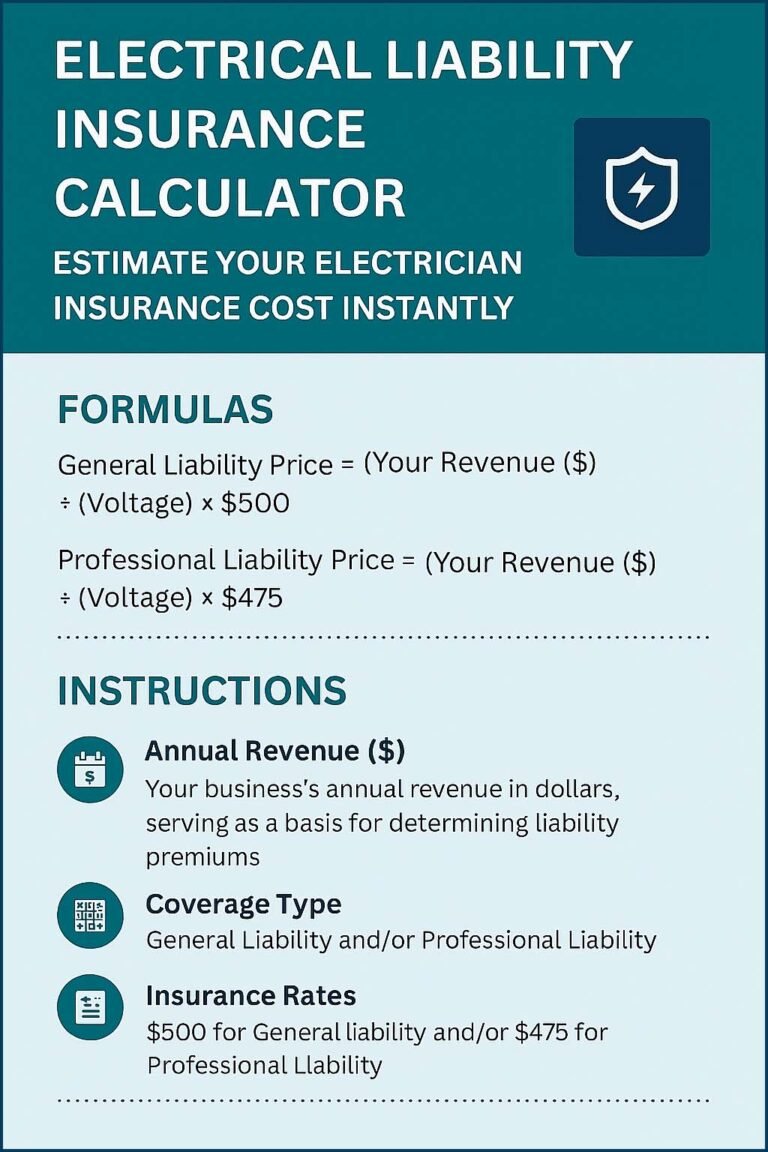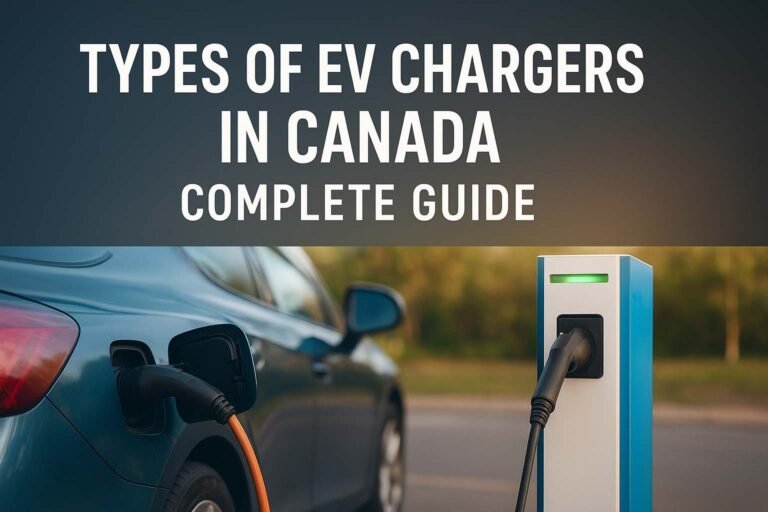Electric Car Incentives in Georgia
Electric vehicles are becoming more common on roads across the United States. In Georgia, this trend is gaining momentum. The focus is now on electric car incentives in Georgia, which are helping residents switch from gas-powered vehicles to clean, energy-efficient alternatives. With support from the state and federal levels, owning an electric vehicle (EV) in Georgia is now more affordable than ever.
Federal Electric Car Incentives in Georgia
Before diving into state-level programs, it’s important to understand the role of federal incentives. These apply across all states, including Georgia. The federal government provides a tax credit of up to $7,500 for the purchase of new electric vehicles. The actual amount depends on the battery size and manufacturer eligibility.
This tax credit is non-refundable. It reduces the amount of federal tax you owe but doesn’t generate a refund. For instance, if you owe $4,000 in taxes and qualify for the full $7,500 credit, you will only receive $4,000 in benefits. It’s wise to consult a tax advisor before making assumptions.
Georgia State Electric Car Incentives in Georgia
Georgia used to offer generous state tax credits for EVs, but the program ended in 2015. However, new proposals are currently in motion to revive state-level benefits. As of now, there are indirect incentives available to EV owners in Georgia.
Key incentives include:
- Reduced vehicle registration fees for alternative fuel vehicles
- Special access to High Occupancy Vehicle (HOV) lanes, even with a single driver
- Utility-based rebates and discounted electric rates for EV charging
Let’s explore these further.
HOV Lane Access for EVs
Electric vehicle drivers in Georgia can still benefit from HOV lane access. Vehicles with the “Alternative Fuel Vehicle” (AFV) license plate can use the HOV and HOT lanes without meeting occupancy requirements. This is a time-saving benefit, especially in metro areas like Atlanta.
To get this benefit, vehicle owners need to apply for a Special Electric Vehicle License Plate through the Georgia Department of Revenue. This process involves a one-time application and a small fee.
Georgia Power EV Rate Plans
Georgia Power, the largest utility in the state, offers special time-of-use (TOU) rate plans for EV owners. This means charging your EV during off-peak hours is cheaper.
Here’s a breakdown of Georgia Power’s EV rate structure:
| Time Period | Price per kWh (Approximate) |
|---|---|
| Off-Peak (11 PM – 7 AM) | $0.06 |
| On-Peak (2 PM – 7 PM) | $0.20 |
| Standard Hours | $0.12 |
Switching to this rate plan helps you save on energy bills and encourages off-peak charging. It’s a win-win for both consumers and the power grid.
Utility Company Rebates
Apart from Georgia Power, other utility companies like Jackson EMC and Cobb EMC provide rebates for EV charger installation. These rebates typically range from $250 to $500, depending on the charger type and installation.
These programs often require customers to install a Level 2 home charging station and provide proof of purchase and installation. It’s a good idea to check your local EMC’s website or contact customer service for the latest rebate details.
Local and County Incentives
Some local governments in Georgia are also stepping up. For example, the city of Atlanta has introduced measures to support EV infrastructure, such as:
- Requiring new commercial buildings to have EV-ready parking spaces
- Offering preferential parking for electric vehicles in city lots
These small but impactful changes help promote adoption and support long-term growth.
Technical Insight: EV Charging Infrastructure in Georgia
The success of EV adoption in Georgia depends on robust charging infrastructure. Georgia has over 1,700 public charging stations, including Level 2 and DC fast chargers. Most are concentrated in metro Atlanta but are gradually expanding across rural areas.
Let’s break down the types:
| Charger Type | Average Charging Speed | Best For |
|---|---|---|
| Level 1 | 4–5 miles/hour | Overnight home charging |
| Level 2 | 20–25 miles/hour | Homes, offices, malls |
| DC Fast | 100+ miles in 30 mins | Long-distance travel, highways |
The state is also a part of the National Electric Vehicle Infrastructure (NEVI) plan, which aims to build charging stations every 50 miles along major highways. This will reduce range anxiety and support long-distance EV travel.
Future Incentives Under Review
Georgia lawmakers are reviewing legislation to reintroduce state-level tax credits for electric vehicle purchases. If passed, this could provide additional savings of up to $2,500. The proposal also considers tax credits for installing home chargers and upgrading electrical panels to support fast charging.
Industry experts suggest this legislation could significantly boost EV sales in the state, placing Georgia at the forefront of clean energy adoption.
Economic Impact of Electric Car Incentives in Georgia
Incentives don’t just benefit consumers; they also support local jobs. Georgia is now a hub for EV manufacturing, with companies like Rivian and SK Battery America investing billions in local production facilities.
These developments create new job opportunities, boost tax revenues, and promote technological innovation. For electrical businesses, this growth means more demand for EV charger installations, inspections, and support services.
If you run a business in this sector, understanding the Electrical Business Insurance Cost is crucial for protecting your assets while tapping into the EV boom.
Residential Incentives and Insurance Considerations
Homeowners installing EV chargers should be aware of both technical and financial implications. Upgrades to wiring, electrical panels, and grounding systems may be required, depending on the charger type.
In such cases, consider how your home policy relates to electrical upgrades. For readers in the US, understanding Electrical Insurances for Home in USA will help ensure you’re covered for electrical improvements related to EV charger installations.
Meanwhile, UK residents exploring electric upgrades might want to review the Electrical Insurance Cost Per Month in UK, especially if EV integration is part of a broader energy efficiency strategy.
European Context: Insurance and EVs
In Ireland, the EV market is also expanding. Whether you’re an installer or a homeowner, knowing how electric insurance ireland dac operates can help make informed choices about risk coverage and liability.
Similarly, contractors involved in EV infrastructure projects must factor in Electrical Contractor Insurance Cost Ireland to secure projects and ensure compliance with local regulations.
Final Thoughts on Electric Car Incentives in Georgia
While Georgia does not currently offer direct purchase rebates, other electric car incentives in Georgia make EV ownership attractive. From HOV access to discounted electricity and utility rebates, the benefits are stacking up. Future legislative changes may soon bring back direct tax credits, providing even greater motivation to switch.
Understanding the full picture—federal incentives, state programs, utility rebates, and infrastructure plans—can help you make smarter decisions. Whether you’re a homeowner, business owner, or contractor, now is a good time to embrace the electric vehicle revolution in Georgia.
Follow Us on Social:
Subscribe our Newsletter on Electrical Insights for latest updates from Electrical Engineering Hub
#ElectricCarGeorgia, #EVIncentives, #GeorgiaEVRebates, #DriveElectricGA, #SustainableGeorgia, #EVTaxCredits, #ElectricVehicleIncentives, #GeorgiaGreenCars, #EVBenefits, #CleanTransportationGA, #EVChargingGeorgia, #EcoFriendlyCars, #GreenDriving, #GeorgiaEnergySavings, #EVSupportGA




